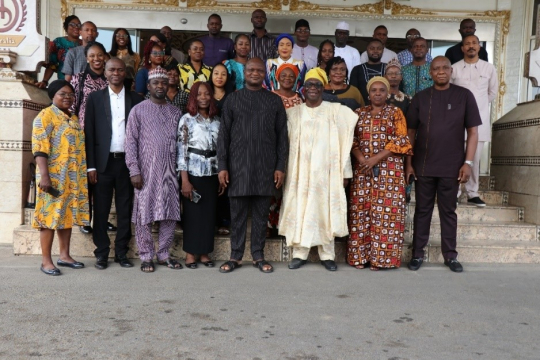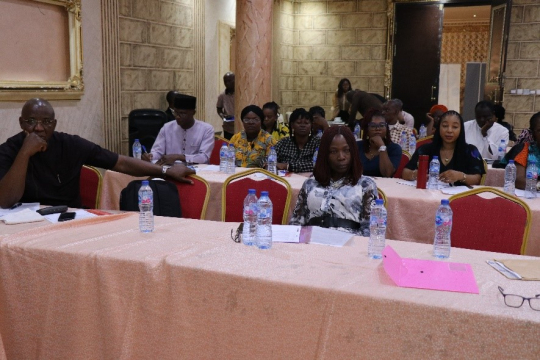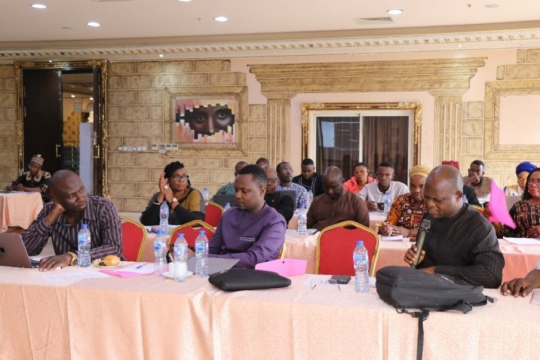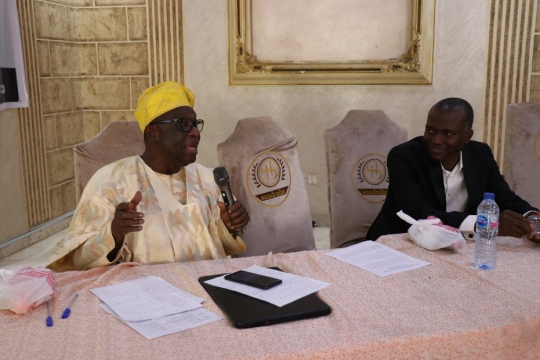Studies conducted by researchers from EfD Nigeria and the AKADEMIYA2063 suggest that farmers produce more and make more money if they combine various climate adaptation strategies instead of adopting one plan in particular.
Evidence on the efficiency of climate adaptation strategies in Nigeria was part of discussions held between stakeholders in the fields of agriculture and environment, and researchers from the academia at Abuja, recently.
Studies were presented in a workshop
The discussions were held in a workshop on Climate Adaptation Support Program (CASP), organized by EfD Nigeria, in collaboration with AKADEMIYA2063, and the Global Centre on Adaptation. The presentations were based on the findings of studies that are meant to guide Nigeria's implementation of the national action plan on climate change.
While presenting findings of the study titled, Adoption of Multiple Climate Smart Agricultural Practices and its Implications for Farm Income: Panel Data Evidence from Nigeria, Dr. Nnaemeka Chukwuone, the Director of EfD Nigeria, said that empirical evidence showed that smallholder farmers fare better when they adopt multiple climate strategies.
He listed adaptation plans that are open to farmers, including a diversified crop, the use of improved seedlings, and the use of organic and inorganic fertilizers.
"The adoption of one of the strategies increases the farmers' income compared to non-adoption. But the highest farm income is achieved when farmers adopt all the practices jointly," Nnaemeka Chukwuone said.
Nnaemeka Chukwuone advised policymakers to consider climate adaptation options holistically instead of treating the strategies in isolation. He said that policies on climate adaptation should include plans to merge externally purchased technological farm inputs with locally available knowledge, especially as it concerns intensive land management options.
Dr Henry Okoduwa, an Associate Researcher at EfD Nigeria, said that the assessment of the economic impact of climate change on Nigeria showed that it’s urgent for farmers to implement adaptation strategies.
"If the country continues on the path of business-as-usual without embracing significant climate adaptation measures, climate change will reduce Nigeria's economic output (measured in terms of GDP) by 4.2%," Henry Okoduwa said while presenting findings of the study titled, modelling the economic impacts of climate change and adaptation strategies in Nigeria.
Participants at the workshop came from the Federal Ministry of Environment, Federal Ministry of Agriculture and Rural Development, Nigerian Bureau of Statistics, National Adaptation Plan Strategy, REDD+ Secretariat, National Climate Change Council, and Agro-industrial Processing Zones Program, among others.
By: Inya Agha Egwu



